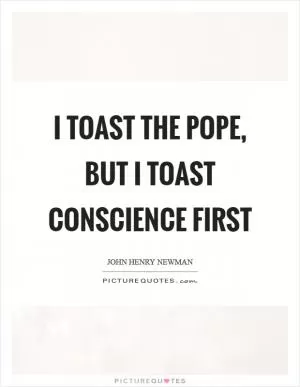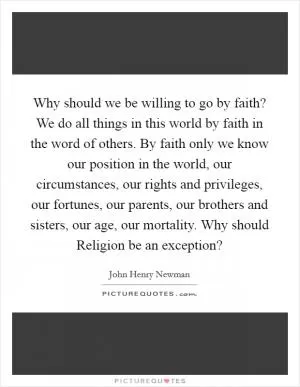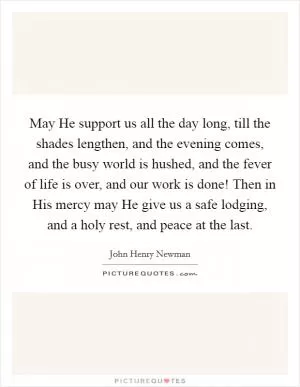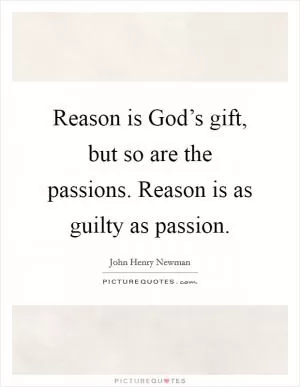Men will die upon dogma but will not fall victim to a conclusion

Men will die upon dogma but will not fall victim to a conclusion
John Henry Newman, a prominent figure in the 19th century religious landscape, was a man who understood the power of dogma and the dangers it posed to individuals. Newman, a theologian and cardinal in the Roman Catholic Church, was known for his intellectual prowess and his ability to challenge established beliefs and traditions. He was a man who believed in the importance of critical thinking and the pursuit of truth, even if it meant going against the prevailing dogmas of his time.Newman's famous quote, "Men will die upon dogma but will not fall victim to a conclusion," speaks to his belief that people are often willing to cling to rigid beliefs and doctrines, even at the expense of their own well-being. Dogma, in Newman's view, was a set of beliefs that were accepted without question or critical examination. It was a form of intellectual laziness that prevented individuals from engaging in the difficult work of thinking for themselves and arriving at their own conclusions.
Newman understood that dogma could be a dangerous force, leading people to blindly follow authority figures and institutions without considering the implications of their beliefs. He saw how dogma could be used to manipulate and control individuals, stifling their intellectual growth and preventing them from questioning the status quo.
In contrast, Newman believed that individuals should be willing to engage in the hard work of critical thinking and arrive at their own conclusions based on evidence and reason. He believed that true intellectual freedom could only be achieved through the rejection of dogma and the embrace of independent thought.
Newman's own intellectual journey was marked by a willingness to challenge established beliefs and traditions. He famously converted to Catholicism from Anglicanism, a decision that was met with controversy and opposition. However, Newman remained steadfast in his commitment to seeking truth and following his conscience, even in the face of adversity.












 Friendship Quotes
Friendship Quotes Love Quotes
Love Quotes Life Quotes
Life Quotes Funny Quotes
Funny Quotes Motivational Quotes
Motivational Quotes Inspirational Quotes
Inspirational Quotes